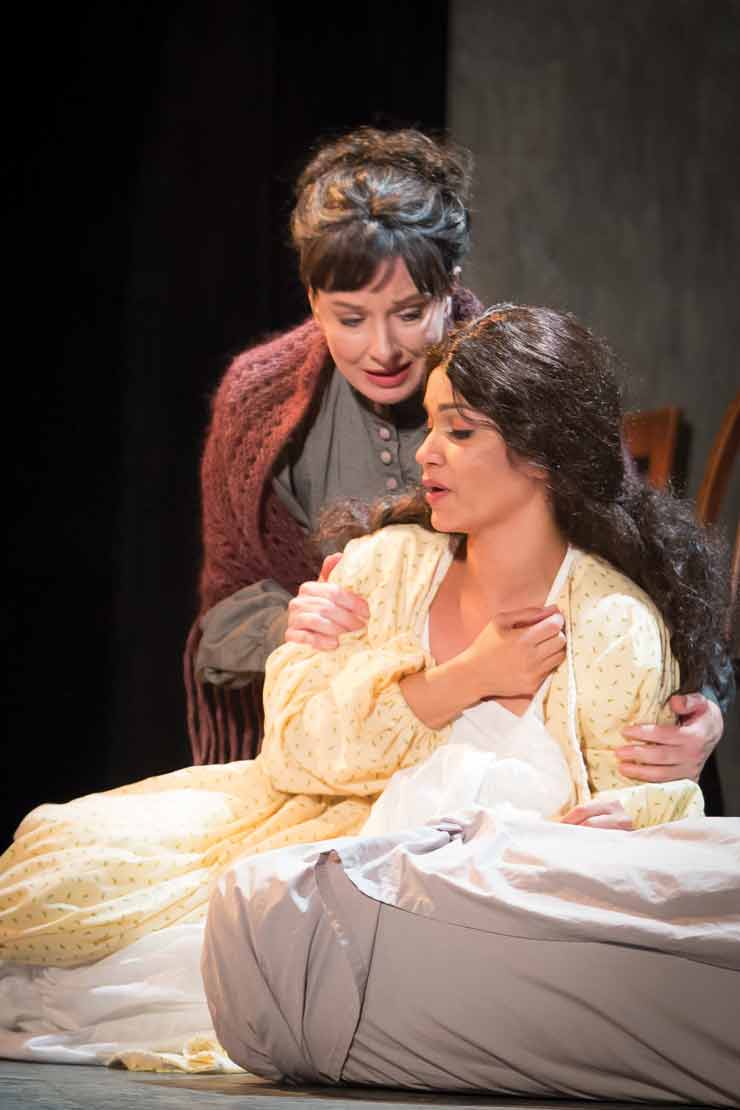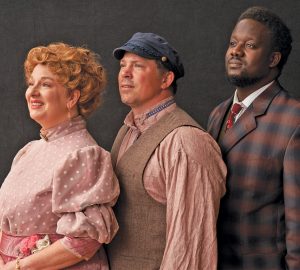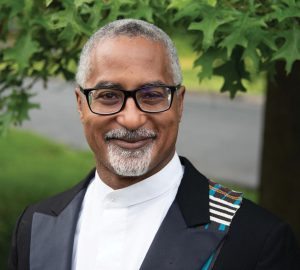Although they have closed their two-week runs, three recent productions by St. Louis theaters reminded me of one of the most significant facts about theater: it is in the here-and-now, no matter if we’re watching Oedipus Rex in Thebes, Blanche DuBois in New Orleans or Anna Karenina in St. Petersburg.
Such is the case with Insight Theatre Company’s Over the River and Through the Woods, Joe DiPietro’s warm-hearted, carefully crafted comedy about a tight-knit Italian American family of first- and second-generation immigrants and the grandson they share. He is about to disrupt their treasured Sunday dinners by accepting a promotion that will move him across the country to Seattle. Audiences embrace this play, and so do community theaters, because it has four juicy roles for actors of a certain age who don’t get many such opportunities. So I have now seen Over the River and Through the Woods several times. I thoroughly enjoyed it the first time or two. But jokes wear thin with the fourth or fifth telling, even when well told.
Other recent productions included the first round of the St. Louis Actors’ Studio’s LaBute Theater Festival. The playwright and film director Neil LaBute provides the Actors’ Studio with a new one-act play each summer and serves as one of the judges of new one-acts submitted to the Festival. Several of these plays are then produced along with LaBute’s contribution. This summer’s first round of four new plays, plus LaBute’s, just ended their two-week run. Three more plays, again with LaBute’s, run for the next two weeks. Despite excellent acting and directing, I was disappointed with the scripts the first round. They dealt with too-familiar material and added nothing to it.
One had a Russian immigrant telling about an anti-Semitic incident that happened in his family when he was a boy. This was what got me thinking about how we experience theater. It was not a play, but a short story told to us—very well—by an actor playing the role of the immigrant. But he was not acting the story, he was telling it. It was something that happened in his past, yet as we are watching it, it appears to be happening there, right before us in the present. It’s the fiction we all, on the stage and in the audience, agree to believe in order to create the reality—the fictional, virtual reality—of theater.
Even if it’s a story from three millennia ago, Oedipus is standing there with his bloody eye-sockets, right now, in front of us. The grandson in Over the River and Through the Woods enters the stage to tell us his story, but as soon as he enters his grandparents’ house, it’s no longer a story about what once happened because it’s happening right now. In Union Avenue Opera’s recent splendid production of Verdi’s La Traviata (with Zulimar López-Hernández’s magnificent singing and acting as the doomed courtesan Violetta), director Tim Ocel had the interesting idea of having Alfredo descend during the overture into the crypt of the church where Violetta is buried, and there remember his time with her. But as soon as the other performers appear, we are no longer in Alfredo’s memories. We are there, with Violetta and Alfredo, inside the story.
It is one of the glories of theater that it gives us images of life not as something that was once alive and is now words on a page or paint on canvas, but as life that is alive right now.
By Bob Wilcox
Photo: Ron Lindsey
Pictured: Debby Lennon and Zulima Lopez-Hernandez in La Traviata








